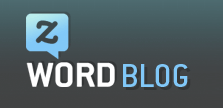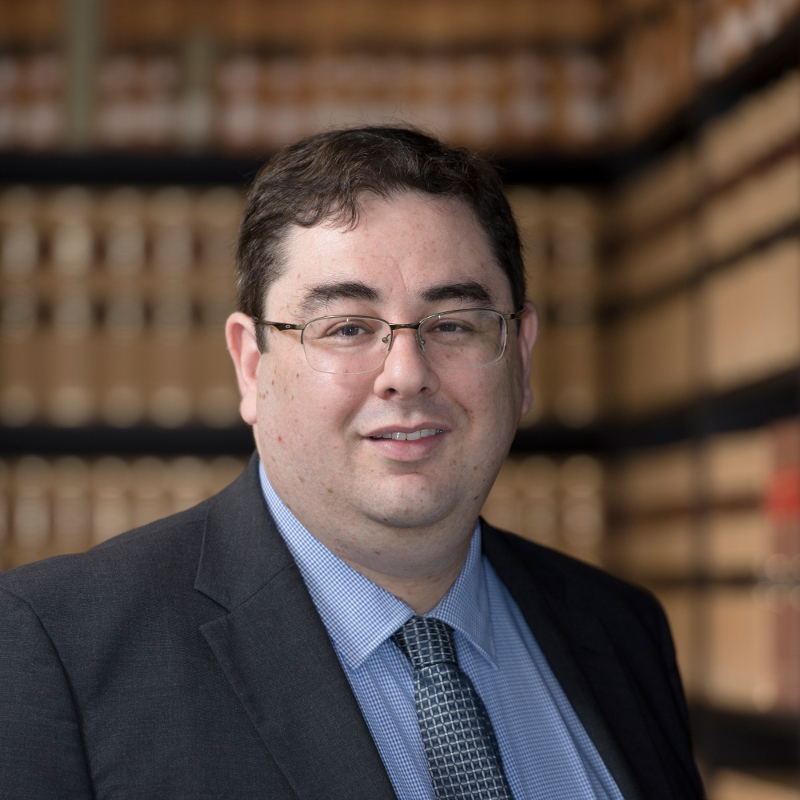 My new report into Facebook and Holocaust denial has just been published. The report provides in-depth background and then delves into the reasons why Holocaust denial is hate speech, why counter speech is in this case not an option, and why Facebook as a private company does indeed have both the right and a moral obligation to remove this hateful content.
My new report into Facebook and Holocaust denial has just been published. The report provides in-depth background and then delves into the reasons why Holocaust denial is hate speech, why counter speech is in this case not an option, and why Facebook as a private company does indeed have both the right and a moral obligation to remove this hateful content.
I first raised Holocaust denial as a form of antisemitism in social media in Online Anti-Semitism 2.0: Social Anti-Semitism on the Social Web, which was presented at the Global Forum to Combat Antisemitism in February 2008. In that paper antisemitism 2.0 is defined as “the use of online social networking and content collaboration to share demonization, conspiracy theories, Holocaust denial, and classical antisemitic motifs with a view to creating social acceptability for such content.”
The ultimate social acceptability of Holocaust denial was demonstrated when Randi Zuckerberg, Facebook’s marketing director (and sister of founder Mark Zuckerberg) spoke about “Facebook’s policy to not remove groups that deny the Holocaust.” Facebook had decided that hate was not acceptable but Holocaust denial in particular was ok.
This came after 9 months of dodging the issue, first in response to queries by German journalist Christoph Gunkel and then in responses to Brian Cuban and the JIDF. All three noted Facebook was in breach of German law and asked Facebook how they were going to responded. It was only when a story on CNET by Chris Matyszczyk (May 2009) triggered wide spread public interest that Facebook began to seriously respond.
Their response was to defend their right not to take action (unless legally required to) based on a “free speech” argument. This was supported by a change in Facebook’s term of use that few noticed amid the clamour around content ownership – part of the same extraordinary overhaul.
This was the first time Facebook systematically removed prohibitions on anti-social behaviour. On the chopping block were clauses preventing content that is “derogatory,” “demeaning,” “offensive,” “harmful,” “defamatory,” “abusive,” “inflammatory,” “vulgar,” “obscene,” “fraudulent,” “invasive of privacy or publicity rights,” or “racially, ethnically or otherwise objectionable.” Also gone is the clause not to “violate any local, state, national or international law.”
The “Facebook Code of Conduct” was also removed. This is the document which stated “certain kinds of speech simply do not belong in a community like Facebook” and that “we want Facebook to be a safe place on the internet”. Facebook wants a change and it’s a pity they picked Holocaust denial as the place to try it out. It shows a lack of understanding of the nature of Holocaust denial.
The report goes on to discuss why Holocaust denial is hate speech, how it is treated in international law and politics and where Facebook’s various written responses fall short of the mark. The issue of the First Amendment (which does not apply as Facebook as a private company) and the First Amendment inspired answer of counter speech are also addressed. The report, Facebook, Holocaust Denial, and Anti-Semitism 2.0, is published by the Jerusalem Center for Public Affairs and available online.
Originally published as: Andre Oboler, Holocaust Denial: Yes Facebook, it is Hate Speech, Z-Word Blog, 27 August 2009
